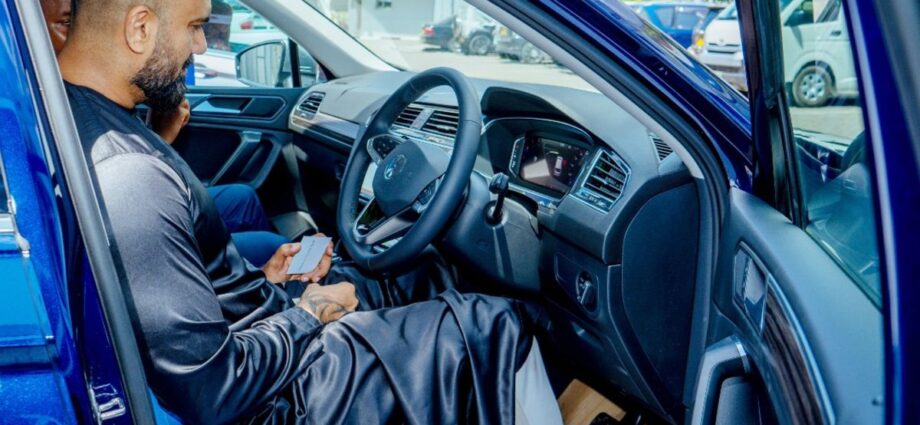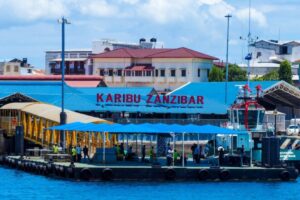
Dar es Salaam. Tanzanians aspiring to own brand-new Volkswagen SUVs can now do so with unprecedented ease, thanks to a new asset financing programme launched by CFAO Mobility in collaboration with Stanbic Bank Tanzania.
The limited campaign unveiled at the weekend, offers an exclusive deal running until the end of December 2024, the two companies said in a statement.
Under the initiative, customers can drive off in a Volkswagen SUV with a down payment of 20 percent while the remaining 80 percent is financed by Stanbic Bank, with an industry-first incentive of zero interest for the first 12 months.
The launching event, attended by key stakeholders and potential buyers, marked the beginning of a two-week display of Volkswagen models at the Stanbic Bank headquarters.
The showcase allows potential buyers to interact with representatives from CFAO Mobility and Stanbic Bank, view the vehicles, and explore financing options.
Speaking at the launch, CFAO Mobility representative Manka Orio expressed excitement about the partnership and its transformative potential.
“Our collaboration with Stanbic Bank demonstrates our mutual commitment to deliver unmatched value to Tanzanian customers. Through this campaign, we’re not just selling cars—we’re providing an opportunity for more people to experience the reliability, safety and sophistication of Volkswagen,” Orio said, adding that the zero interest rate for the first year is a groundbreaking industry-first.
The Head of private banking at Stanbic Bank, Ms Shangwe Kisanji, highlighted the initiative’s importance in easing the financial burden of owning a new vehicle.
“The campaign addresses the aspirations of many Tanzanians who dream of owning a brand-new SUV but may hesitate due to the financial burden of a large upfront cost.
“By offering an affordable financing plan with just a 20 percent deposit and a zero interest rate for the first year, we are ensuring that more people can turn their dreams into reality. We encourage our customers—and those with other financial institutions—to take advantage of this rare opportunity,” Ms Kisanji said.
The campaign is expected to reshape the automotive market in Tanzania by making premium vehicles more accessible to a wider audience.














